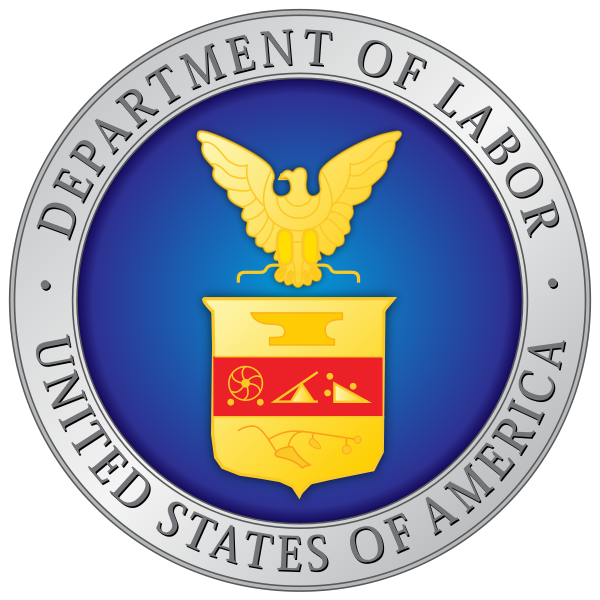By John E. Thompson
Readers will recall that, in 2010, the U.S. Department of Labor announced that it would pay particular attention to multi-party business arrangements that it sees as obscuring or diluting responsibility for complying with the federal Fair Labor Standards Act.
The Labor Department’s “fissured industry” enforcement effort seeks to tie together all of the participants, including subcontractors, vendors, suppliers, and the like.
Recent developments underscore that the Wage and Hour Division is indeed looking for opportunities to assert that different entities are sufficiently integrated with one another to make each participating business a joint-employer. The Division is also making good on its warning that it would “bring pressure to bear” upon brand owners to induce them to insist upon and monitor FLSA compliance by others with whom they share a business relationship.
Joint-employment allegations
The U.S. Department of Labor recently sued DirecTV, one of DirecTV’s service contractors, and the contractor’s owner for alleged FLSA violations. The lawsuit contends that installers compensated on a piece-rate basis received less than the minimum wage, were not paid overtime premium, and were not paid the FLSA-required wages for all hours worked. The Labor Department asks for back-wages, an equal amount as liquidated damages, and a court injunction requiring future compliance.
The Wage and Hour Division also claims that these alleged violations were “willful.” It intends to assess civil money penalties (which can be as much as $1,100 for each violation) against the defendants. A Division official stated that, “[The defendants] were found to be responsible, as joint employers, for underpaying these employees. The bottom line is that subcontracting labor does not absolve an employer from responsibility for compliance . . ..”
Pressure to oversee compliance
A different approach is exemplified in connection with the Labor Department having recovered more than $200,000 in FLSA back wages for the employees of five vendors and staffing agencies working at Gaylord Hotels’ Texan Resort and Convention Center. While there is no indication that the Wage and Hour Division asserted an FLSA joint-employment as to Gaylord, the Division nevertheless prevailed upon the company to agree to:
- Require vendors and suppliers to enter into FLSA compliance agreements,
- Provide compliance information to vendors and suppliers, and,
- Maintain a toll-free complaint hot line.
The Wage and Hour Division has earlier expressed its willingness to engage in adverse publicity and to work in conjunction with advocacy or consumer groups if it feels that this is warranted. Reports do not indicate whether these prospects played a role here.
As these scenarios demonstrate, an employer could find itself embroiled in U.S. Department of Labor enforcement efforts initially undertaken against another participant in a collaborative business activity. This is especially possible in targeted areas like construction; retailing, services, and manufacturing arrangements involving a variety of contractors or subcontractors; food retailing; and the hospitality industry.
This was originally published on Fisher & Phillips’ Wage and Hour Laws blog.
